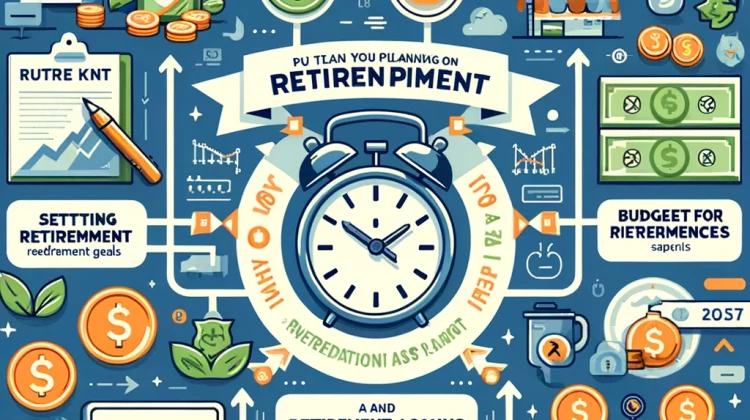
When it comes to securing your financial future, retirement planning is a term that often invokes a mix of emotions, from excitement about your golden years to anxiety about the unknown. It’s about more than just saving money; it’s about creating a comprehensive plan that ensures you can enjoy your retirement years without financial worry. Let’s dive into the essentials of retirement planning, offering you practical tips, examples, and FAQs to guide you through the process.
Understanding the Basics of Retirement Planning
Retirement planning involves evaluating your financial situation, forecasting future needs, and establishing a savings and investment strategy to achieve your retirement goals. It’s a dynamic process that adjusts to changes in your financial situation, market conditions, and personal goals. The earlier you start, the better prepared you’ll be, thanks to the power of compound interest.
Setting Retirement Goals
First things first: define what retirement means to you. Do you dream of traveling the world, starting a new hobby, or simply enjoying a quiet life at home? Estimating your retirement expenses based on your lifestyle aspirations is crucial. Remember to account for inflation, healthcare costs, and unexpected expenses when setting your goals.
Choosing the Right Retirement Accounts
Navigating the world of retirement accounts can be daunting. From 401(k)s and IRAs to Roth IRAs and annuities, each has its own set of rules, tax implications, and benefits. Understanding the differences and choosing the right mix can significantly impact your retirement savings growth.
Investment Strategies for Retirement
Investing is a vital component of retirement planning. Diversifying your investment portfolio across stocks, bonds, real estate, and other assets can help manage risk and maximize returns. Consider working with a financial advisor to tailor an investment strategy that aligns with your risk tolerance and retirement timeline.
Frequently Asked Questions About Retirement Planning
When should I start retirement planning?
The best time to start is now. The earlier you begin, the more time your money has to grow. Even small contributions to your retirement accounts can make a big difference over time.
How much do I need to save for retirement?
A common rule of thumb is to aim for a retirement income that’s 70-80% of your pre-retirement earnings. However, this can vary based on your retirement goals and lifestyle.
Conclusion: Your Path to a Secure Retirement
Retirement planning is a journey, not a sprint. It requires time, patience, and regular adjustments to align with your life changes and financial landscape. By understanding the basics, setting clear goals, choosing the right retirement accounts, and adopting a diversified investment strategy, you’re laying the groundwork for a financially secure and fulfilling retirement. Remember, it’s never too early or too late to start planning for your retirement. With the right approach and a bit of discipline, you can look forward to your retirement years with confidence and peace of mind. Start planning today to build the tomorrow you envision.
